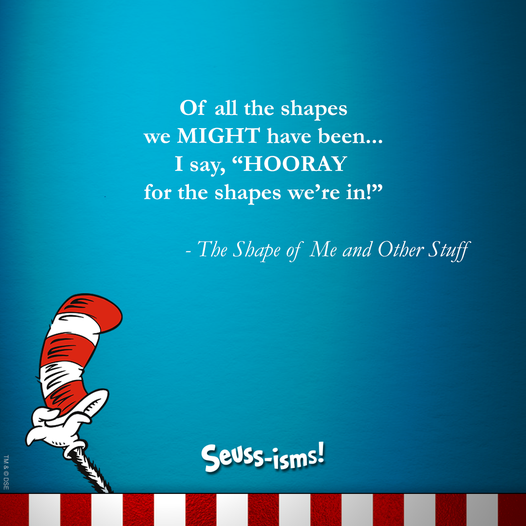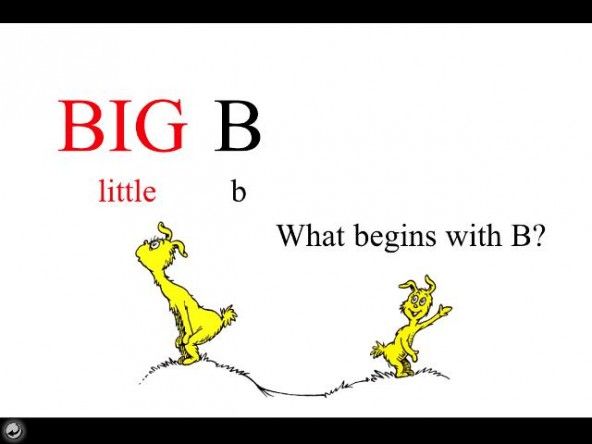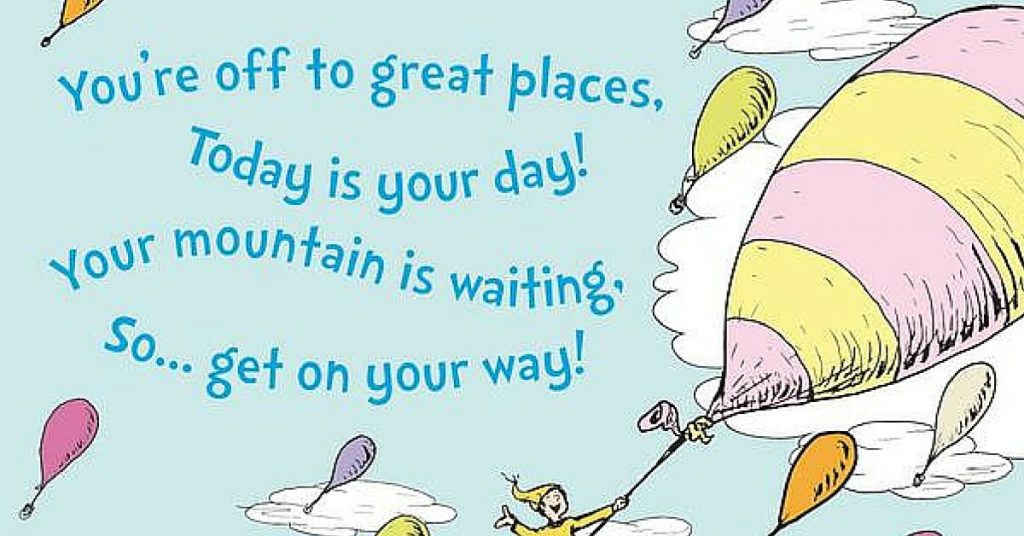My sister reminded me of a summer camp I attended between primary and high school. Ironically it was a camp for budding writers and she had come across my report card buried among some other historical items.
‘This was the first time you were recognised as a writer …’ she exclaimed excitedly.
Wow! Who would have thought almost 40 years later, this would be relevant and I would be doing what I love – writing and speaking 😊
We moved around a lot as kids and this brought with it many positives. I would not be the person I am today had things been otherwise and for this I am grateful.
Our almost gypsy lifestyle gave me the opportunity to learn my first two vital laws for survival (or success) very early.
i. Adapt quickly to change
ii. Learn to connect and engage with others
I always seemed to be ‘the new kid in town’ and more than once, the one with the funny accent. Over the course of ten years, I attended 6 different schools and lived in 4 different countries.

Do I feel comfortable talking to anyone about anything today? Absolutely! Do I feel like I can quickly adapt to any kind of change? Oh YES!
And I have my seemingly dysfunctional childhood to thank for it. Bizarrely enough, it worked for me and probably explains a lot.
Some things don’t change when you grow up. Despite society suggesting otherwise, the goal is never to get everyone to like you. Some will, some won’t. We can only strive to be the best me possible and what others think of us is really none of our business.
As far as connecting and engaging with others, how we communicate and the language we use, plays such an important part. I am often intrigued at how changing a single word can change the context and the energy of a conversation, written or spoken.
One different word can change a business outcome as an online shopping platform discovered. Changing the word ‘register’ to ‘continue’ added an extra $300 million to their bottom line.

Swapping a word can change the tone of voice and how a message is received. It can also be the difference between positive and negative messaging.
‘Walk, don’t run!’
And then there are the gamechangers:
You NEVER … VS it is really helpful and I love/appreciate it when you …
You NEVER tidy up! VS I appreciate it when you tidy up
I should VS I could
Could allows you to stay empowered and retain a feeling of control.
Should can feel like someone outside yourself is telling you what to do and if you’re anything like me, this can invoke a defiantly independent (rebellious) characteristic.
I could do some exercise VS I should do some exercise
A should directed at other people can feel like an order, provoke anger or frustration, hurt feelings, or imply a sense of entitlement.
You should get a haircut! VS You could get a haircut
You should help me more! VS I would love it if you could help me more
A backward looking should can invite guilt and regret causing feelings of anxiety and depression.
I should have been there VS I could have been there
I can’t feels like you have no choice. It’s a restriction being imposed on you and can undermine your sense of control.
I don’t is a choice. It is empowering and an affirmation of your determination or willpower.
I can’t have cake VS I don’t (want to) have cake
Changing a word doesn’t automatically make you feel amazing, but it does bring you up one level on the scale of emotions to a better feeling one, and this is a step in the right direction.

So, what’s the summary?
Wherever you can, swap:
- Should for Could and
- Can’t for Don’t.
You might also want to consider swapping But for And 😉
Let this week be your time to take back your power through the words you say to yourself and others. We all have a story about what it’s like to be us and why it’s difficult for me to get through life.
Whilst our past is certainly relevant and explains how we got where we are today, only WE choose where we are going to go and the person we are going to be moving forward!
And a lot of this ‘moving forward’ starts with the words we say to ourselves and those around us.
Much Love
Dalya xx 💙
